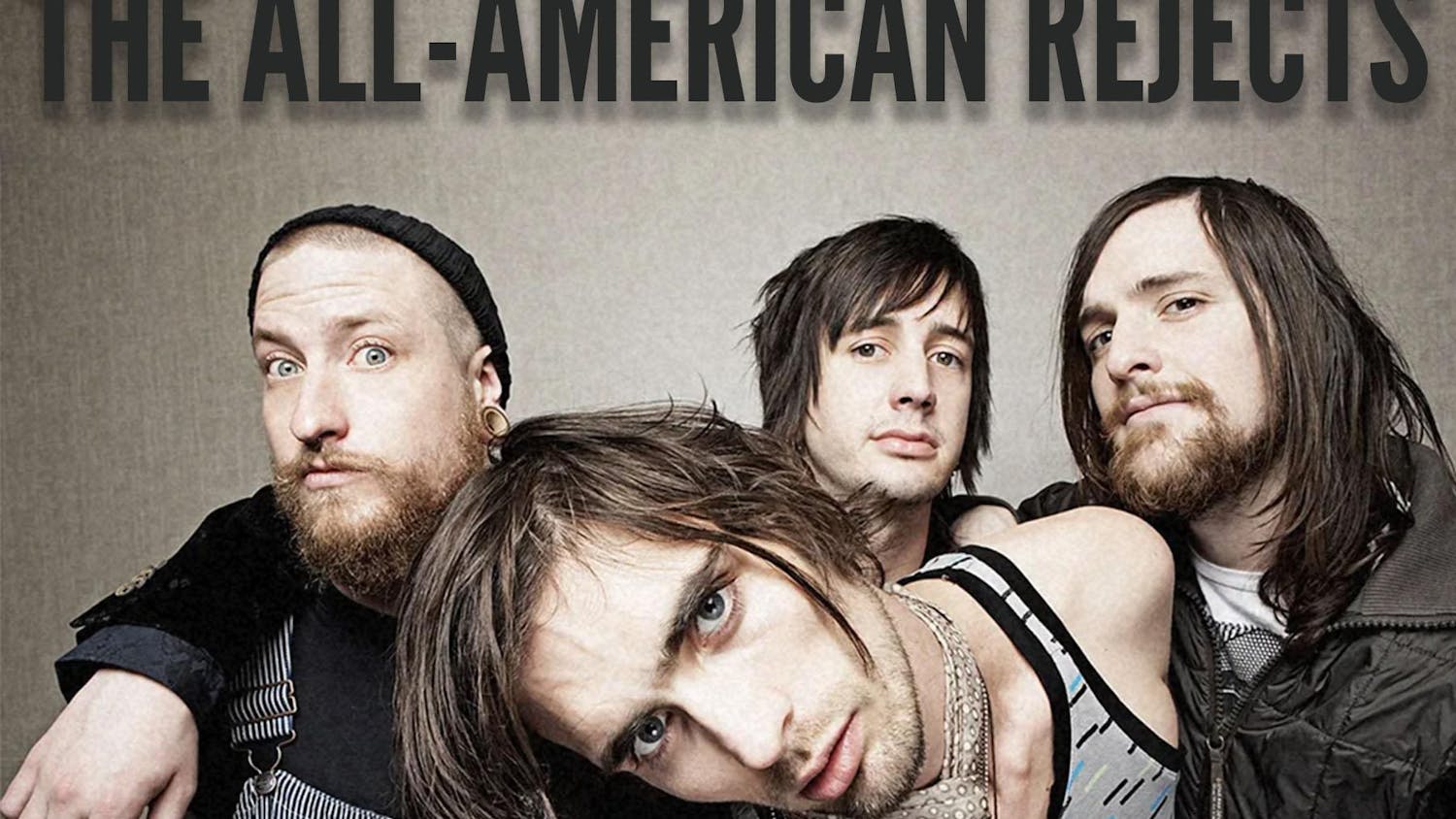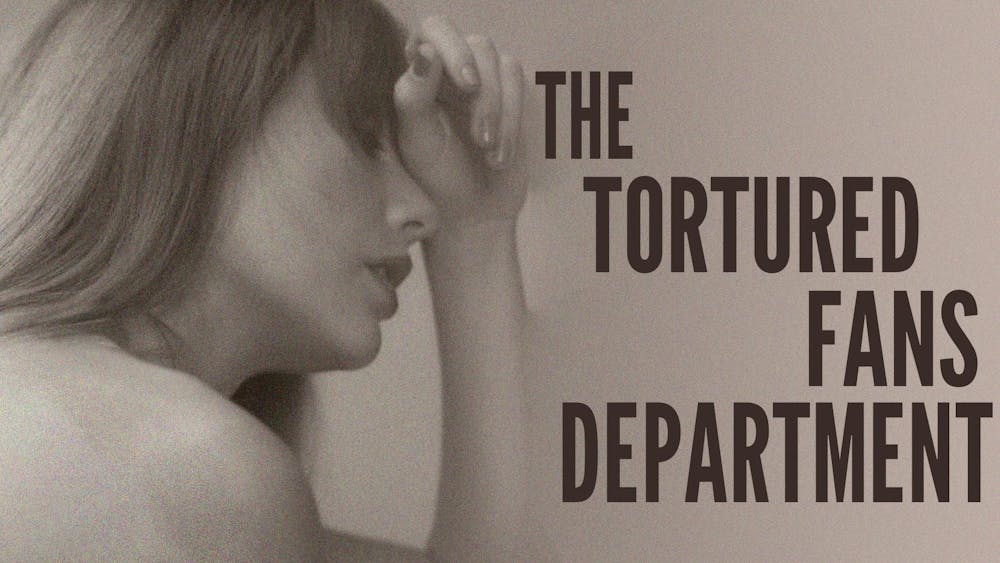There was little surprise at Sunday's Academy Awards when Steven Spielberg announced "The King's Speech" the Best Picture winner, capping off a spectacular award season for the British film starring Colin Firth as the stammering King George VI.
The film had racked up all the major guild awards and Colin Firth's heart-wrenching performance rendered the film virtually unstoppable. But rewind six weeks, or heck, to the night of the Golden Globe Awards, and the outlook for the Oscars was very different.

The favorite at that time was director David Fincher and screenwriter Aaron Sorkin's "The Social Network," which chronicled the birth of Facebook and what the site's creator, the now infamous Mark Zuckerberg, personally sacrificed to make his vision a reality.
The film is incredibly relevant as it examines events that happened in the past decade (the film opens in 2003 at Harvard) and it has Shakespearean overtones as Zuckerberg, for all intents and purposes, betrayed everyone, including his best friends, on his road to success and fortune. Meanwhile, Facebook grows from a website into a cultural movement that reaches across the globe.
When it comes down to it, "The King's Speech," with its uplifting message and royal subject, is a far more enjoyable film to watch. Enjoyable. Not necessarily better.
Last year, the Academy named the gritty war drama "The Hurt Locker" Best Picture over James Cameron's smash blockbuster "Avatar." Why? Over the past decade, the Academy has begun to shy away from simply handing out awards to the crowd-pleasers and instead has focused on rewarding films that say something more about what's happening in the greater culture.
"The Hurt Locker" brought home the real life drama of modern warfare in an almost painful manner. "The Social Network" is a movie that Notre Dame students can easily relate to, and is probably the first movie to capture the new digital age and critique the new methods of communication. The film uses its version of a caustic and socially-awkward Mark Zuckerberg to illustrate the shift in how we now interact with one another.
"The Social Network" offers a commentary on the multimedia world we all now inhabit. It shows how one Harvard student's difficulties in connecting with people on a personal level led to the creation of something so immense and consuming, that Facebook now functions as both a noun and a verb in contemporary English vernacular.

So why did "The King's Speech" ultimately triumph Sunday? One could offer cynical reasons, saying it was simply riding the wave of support the film had acquired after sweeping every major award ceremony after the Globes. Or, audiences looked at the deeper meaning of the film.
At its heart, "The King's Speech" is about a man struggling to find his voice. Firth played the king as a tormented man thrust into a position of power he never desired. He tries over several years to lose his stammer, and at the culmination of the film, he successfully delivers a moving speech to his countrymen on the brink of World War II.
Few today would believe that eloquent words, especially from a figurehead such as the English monarch, could solve a nation's problems. But King George's inspiring journey perhaps struck a chord with audiences because it moved people in the theater the same way King George moved his contemporaries.
Perhaps audiences wanted to sit for two hours and believe that words could bring about change and unite a country in a time of crisis. Perhaps everyone needed to believe, especially in today's uncertain world, that it was all that simple.












